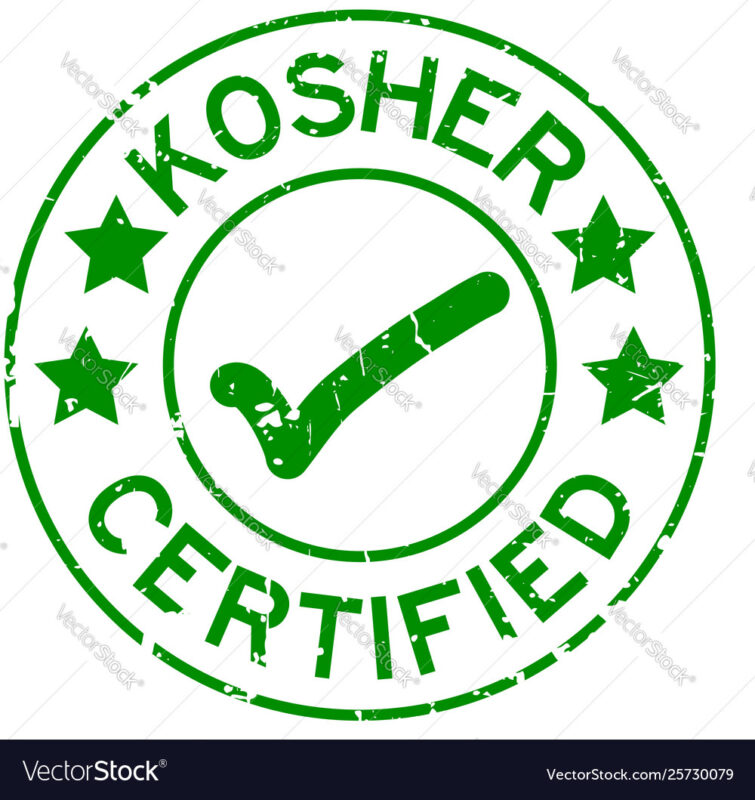Kosher Certification services, Uncategorized
Kosher Certification services
Courtesy: Kosher Certification services
Before the advent of industrially-produced foods, Jewish families prepared their own meals at home and ensured the kashrut of raw ingredients themselves by taking chicken and meat to be slaughtered by a reliable shochet and ensuring that milking was supervised by a Jew. In the kitchen, the housewife observed the strict separation of milk and meat. It was only in the 20th century, with the increased availability of industrially-produced food products aimed at the Jewish consumer, that independent kosher certification became a necessity.
The first independent kosher certification agency, OU Kosher, was founded by the Orthodox Union (OU) in 1923. Its director, Abraham Goldstein, left OU Kosher to establish a second certification agency, OK Laboratories, in 1935. Kosher certification expanded in the 1930s as major brands such as Coca-Cola sought certification to expand their market. The proliferation of factory-produced foods following World War II saw a concomitant rise in kosher certification. In 1950, for example, the OU’s staff of around 40 mashgichim (rabbinic field representatives) certified 184 products for 37 companies; by 1972, the OU had more than 750 mashgichim certifying over 2,500 products for 475 companies.

In the late 20th century, the increasing use of pre-processed ingredients – such as artificial flavorings, emulsifiers, and preservatives – further broadened the scope of kosher certification. A product produced in one country can contain ingredients and flavorings produced in other countries; these ingredients and flavorings must be tracked to their point of origin to verify their compliance with kashrut laws. According to a 2013 estimate, the 135,000 food products then certified kosher contained more than one million food additives. Certification agencies regularly send mashgichim to factories in China, Thailand, and the Philippines to oversee the production of pre-processed ingredients and ensure their kosher status. Many certification agencies accept the use of pre-processed ingredients that have been approved by other agencies.
Certification agencies may differ on the kosher status of foods based on the p’sak (halakhic ruling) of their rav hamakhshir (rabbinic authority). For example, aspartame, a key ingredient in Diet Coke, is considered to be kitniyot by the Kashruth Council of Canada (COR) and therefore that agency does not give its hechsher to that product for use on Passover. In contrast, the OU relies on poskim who rule that the additive is kitniyos shenishtanah–kitniyos that has been “changed at the molecular level” (and therefore is no longer kitniyos)–and therefore the OU gives its hechsher to Diet Coke for use on Passover.

